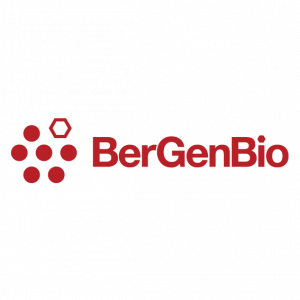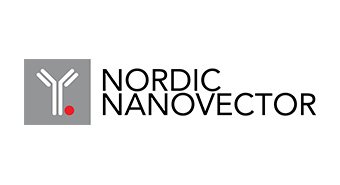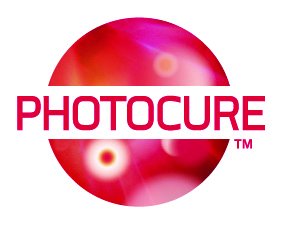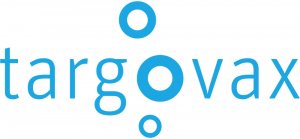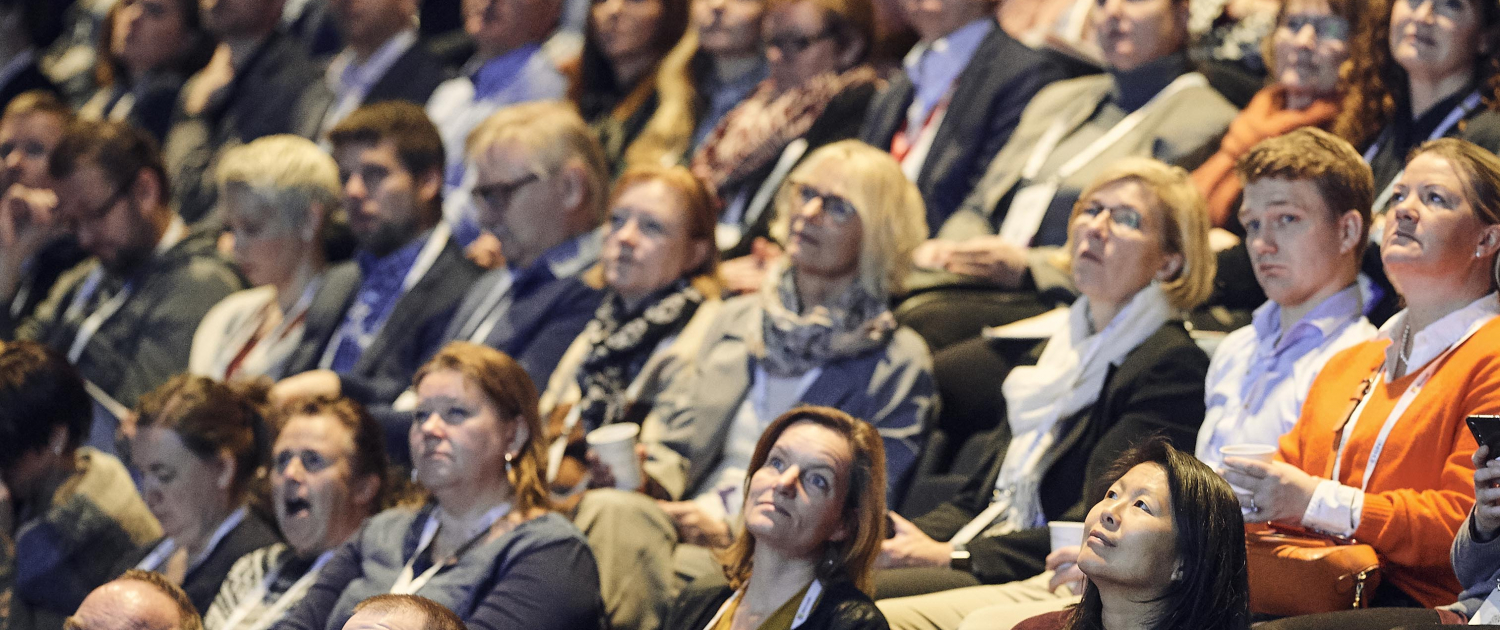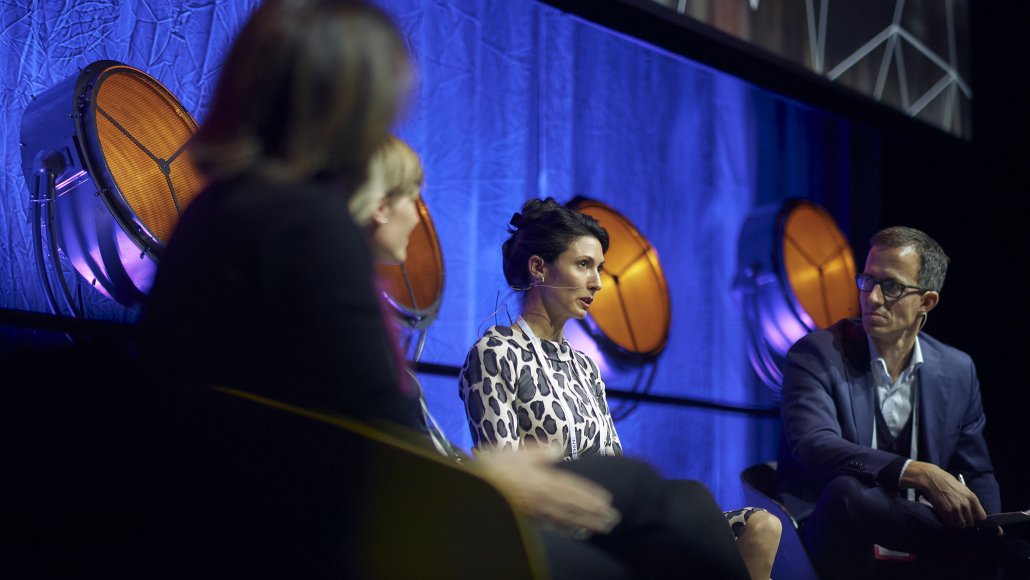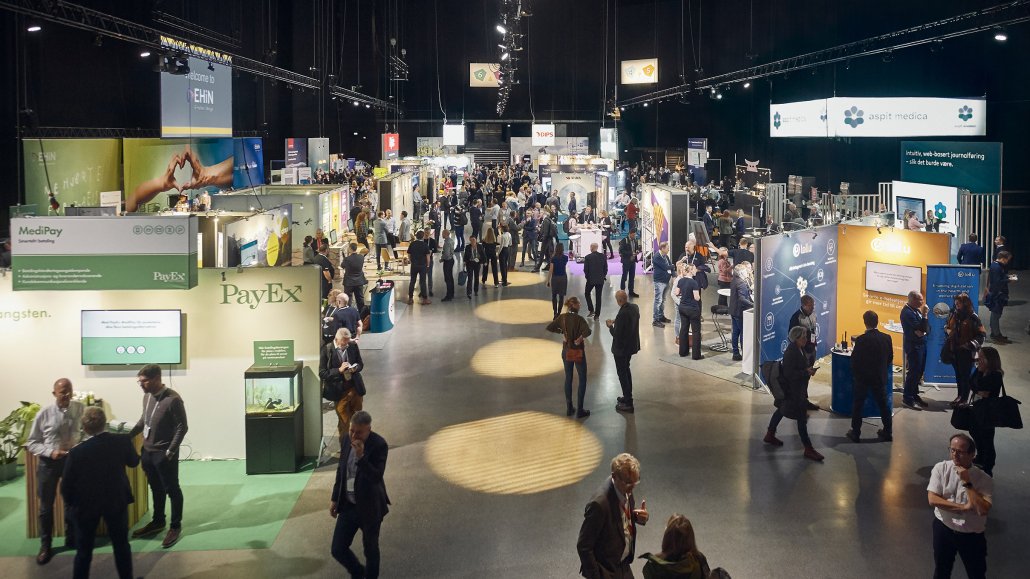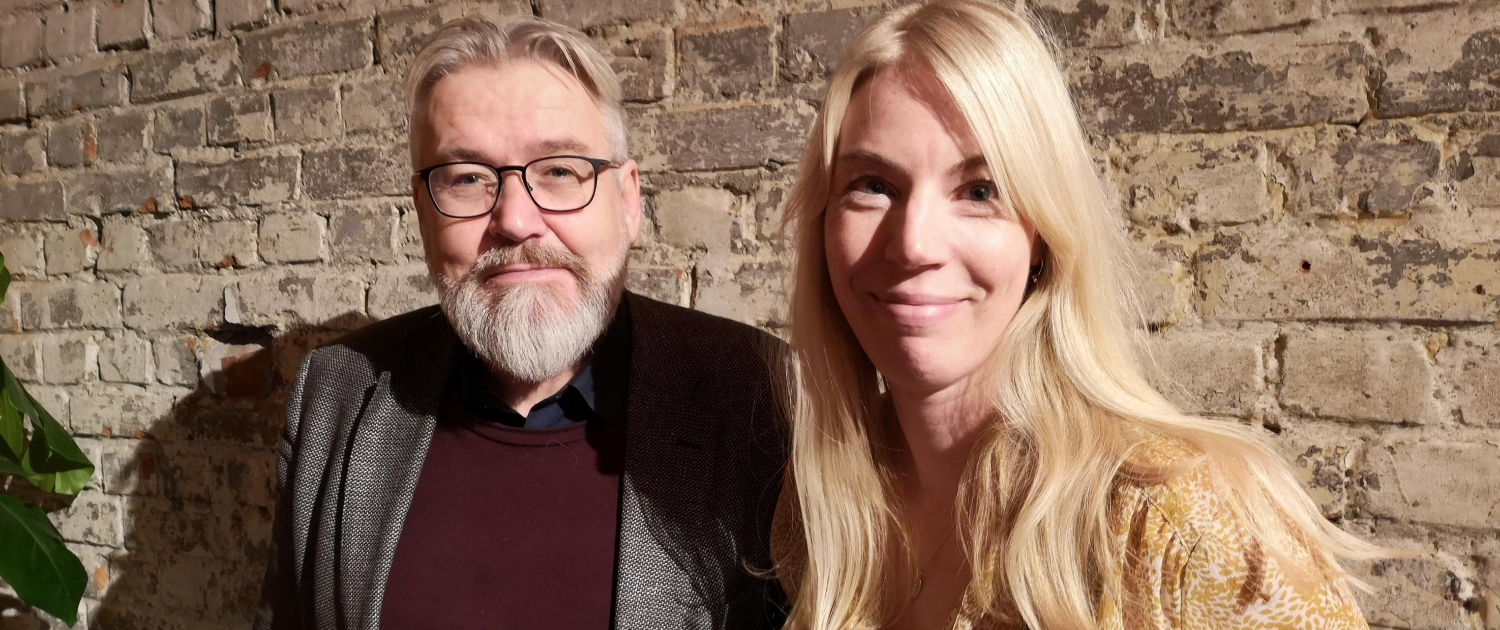What’s new in Q3?

Positive results from clinical trials, revenue growth and new clinical collaborations … Read some of the third quarter developments from our members below.
BerGenBio
- BerGenBio showed results from their clinical trial for patients with non-small cell lung cancer, who have previously been treated with chemotherapy. The results showed they met primary and secondary endpoints.
- The company presented interim safety data from a Phase Ib/II trial. They are testing their drug bemcentinib in combination with pembrolizumab on melanoma patients. The data shows the combination is well tolerated by patients.
- The U.S. Food and Drug Administration (FDA) has granted bemcentinib Fast Track Designation. This means they will do an expedited review of the investigational drug. The designation is for the treatment of elderly patients with acute myeloid leukemia (AML), who have relapsed.
Read more in the press release from BerGenBio
Nordic Nanovector
- Nordic Nanovector raised approximately NOK 243 million in private placement of new shares. This will provide further funds to continue the clinical development of their drug Betalutin, manufacturing and other commercial activities.
- The company presented new results from a clinical trial, testing their drug Betalutin on patients with non-Hodgkins lymphoma (a type of blood cancer). The median duration of response was 13.6 months for all responders and 32.0 months for complete responders.
- The company reported 3 out of 3 patient responses in the first patient cohort in one of their clinical trials. The patients were given Betalutin in combination with rituximab to treat 3rd-line relapsed or refractory follicular lymphoma (also a type of blood cancer).
Read more in the press release from Nordic Nanovector
Photocure
- Photocure reported a revenue growth of 42% in local currency for the US market.
- The revenues in the Nordics declined 7% to NOK 9.9 million (NOK 10.6 million) in the third quarter.
- The company entered into a licensing agreement with Asieris Meditech Co. to commercialize the product Cevira to the global market. Cevira is a non-invasive photodynamic therapy for HPV-related (cervical) diseases.
Read more in the press release from Photocure
Targovax
- Targovax presented new data from the first part of the clinical trial of their oncolytic virus. The trial has shown clinical responses in three out of nine patients. This treatment targets patients with refractory advanced melanoma (skin cancer).
- The company announced an expansion of the clinical trial of the oncolytic virus ONCOS-102 in combination with the checkpoint inhibitor Imfinzi. This trial is open for patients with advanced peritoneal malignancies (a rare cancer that develops in the tissue that lines the abdomen).
- The company publicised that Oslo University Hospital will become a site for the clinical trial of their oncolytic virus ONCOS-102.
Read more in the press release from Targovax
Ultimovacs
- Ultimovacs presented long-term results from the clinical study of their therapeutic cancer vaccine UV1. The patients have non-small cell lung cancer and the trial has shown a 4-year overall survival rate of 39% (7 of 18 patients are still alive).
- New data from their prostate cancer trial showed a 5-year overall survival rate of 50% (11 of 22 patients are still alive).
- A phase II clinical trial for patients with malignant melanoma (skin cancer) is projected to start in the first quarter of 2020.
Read more in the press release from Ultimovacs
More third quarter reports from our other members are or will be made available on their respective websites.

